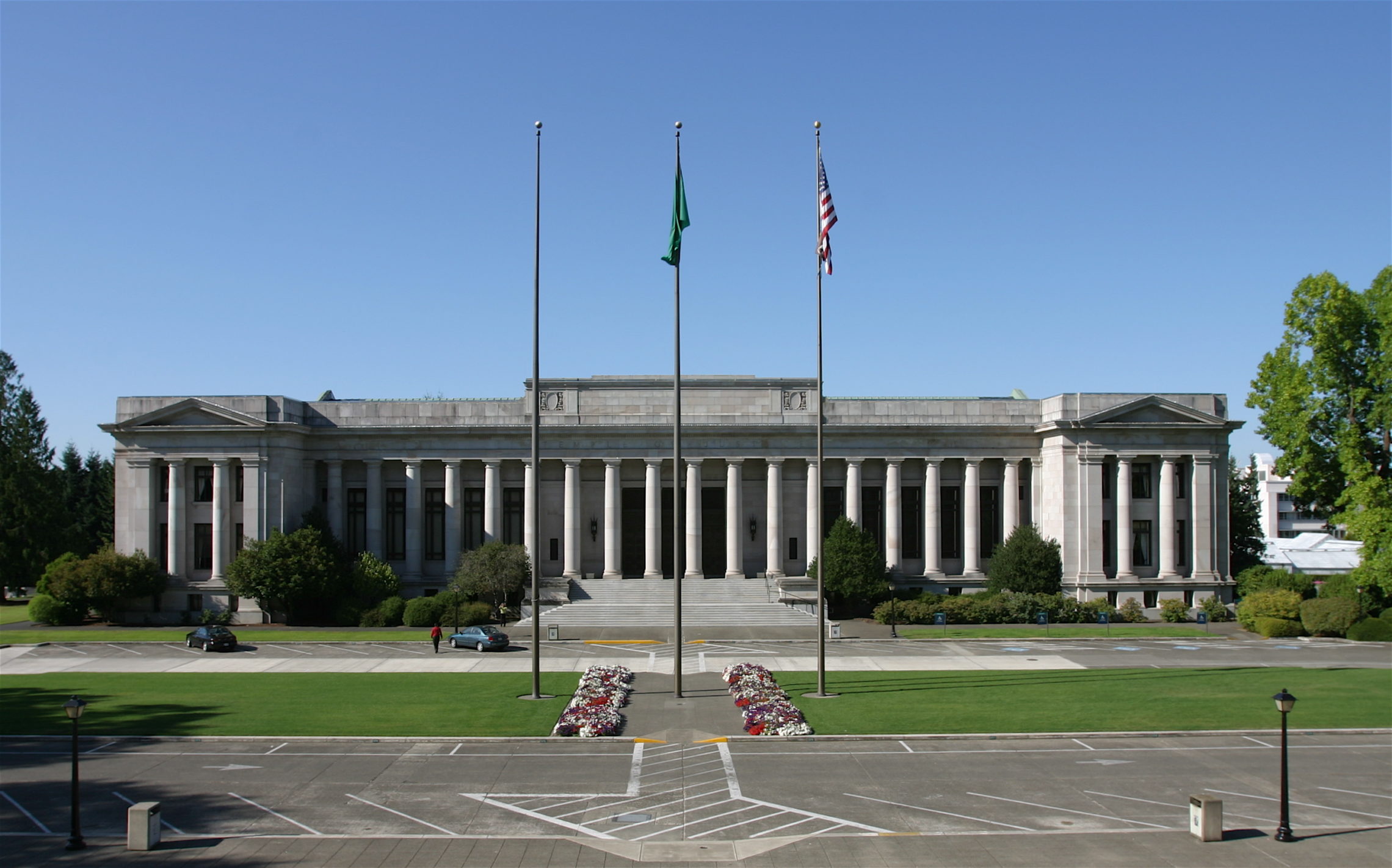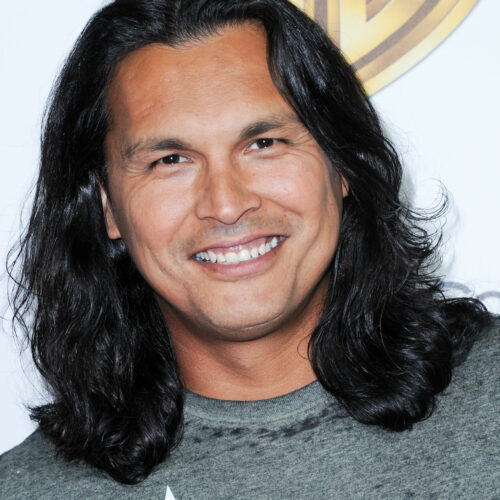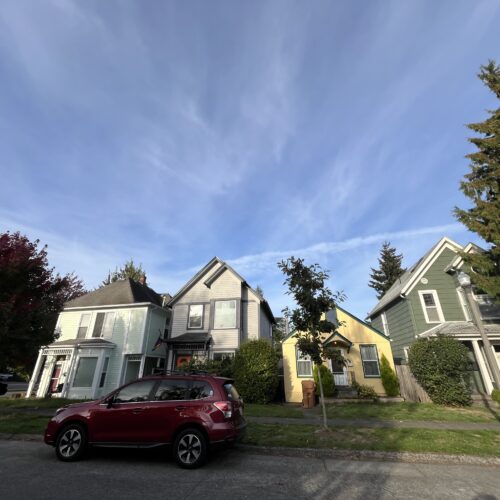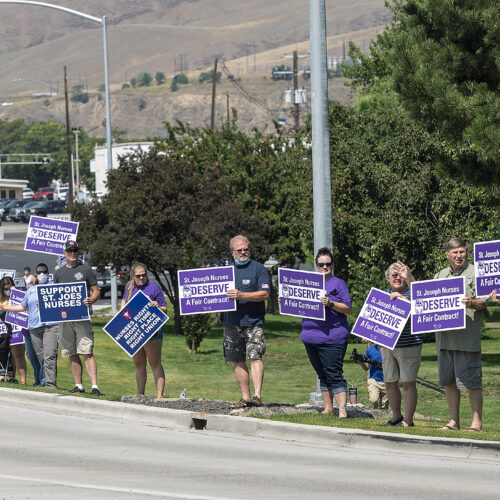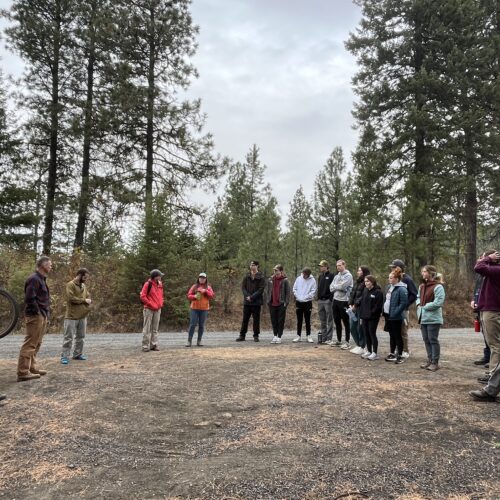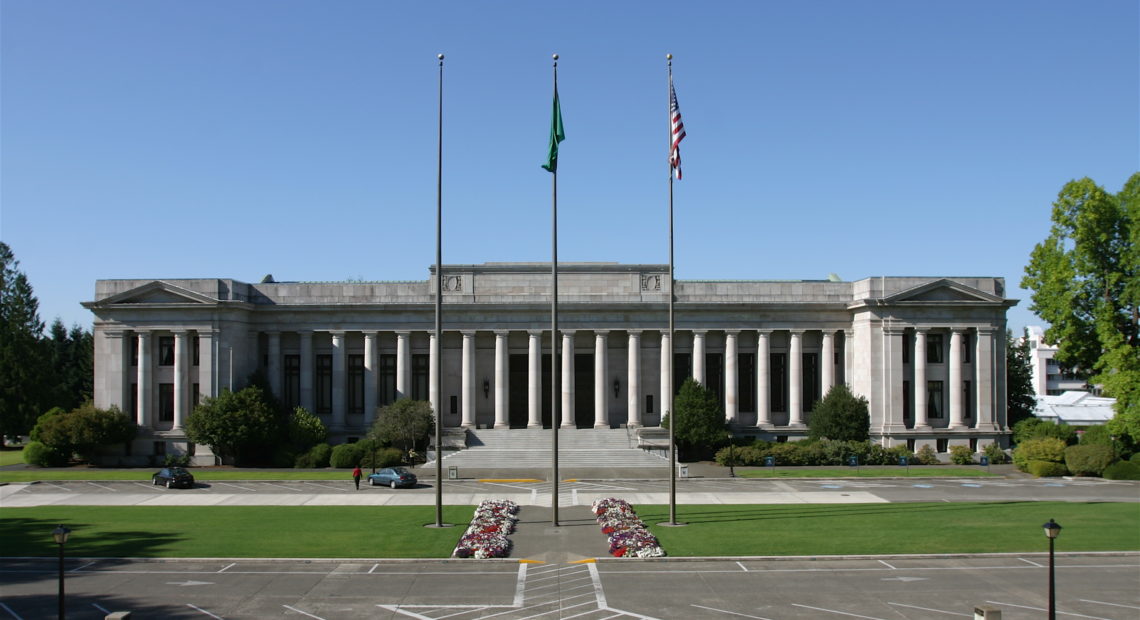
McCleary Case: A Short History Of A Long And Complicated Washington School Funding Fight
Earlier this month the Washington state Supreme Court brought to an end to a school funding fight which began more than a decade ago.
In 2007, educators, families, and others involved in public education banded together to sue the state. Stephanie McCleary was one of the primary plaintiffs. In 2012, the Supreme Court ruled in the plaintiffs’ favor in McCleary vs. Washington. Washington, they said, was not meeting its constitutional mandate to fund public education.
Here’s what Washington’s constitution has to say: “It is the paramount duty of the state to make ample provision for the education of all children residing within its borders, without distinction or preference on account of race, color, caste, or sex.”
In other words, it was the state’s responsibility to fund its schools – not districts or the federal government.
The question of what it means to “fully fund” education in the state was a complex one – and the Supreme Court didn’t like the state legislature’s answers. In 2014, they found the state in contempt of court. Every day, they would fine Washington $100,000 until the state fixed the problem.
The court also gave the legislature a September 2018 deadline. But Washington’s legislators couldn’t agree on a solution. Where should the money come from? Democrats blamed Republicans for not adopting their proposed 2014 budget. Republicans said Democrats should have fixed the problem earlier. After all, Republicans said, it was their party that controlled the legislature.
The legislature fought in 2015, and eventually compromised on a $1.3 billion dollar operating budget for Washington schools. But that wasn’t enough, the McCleary plaintiffs said Washington would need $5 billion a year to run schools properly. The Supreme Court continued to fine the state $100,000 per day.
In 2016, the state was back in court. They asked the Supreme Court to lift the sanctions. The lawyer in the McCleary case asked for harsher penalties. The court chose to continue fining the state. Opponents tried to elect new judges to replace the justices who had made the decision. They failed. Time was running out for the legislature.
In 2017, the legislature tackled the biggest problem: educators’ salaries were coming from local property tax levies. The state had to cover those costs. Legislators decided to raise statewide property tax rates to replace those levies.
It still wasn’t enough. The Supreme Court said the plan wouldn’t take effect before the deadline.
Then along came the 2018 legislative session, Washington lawmakers were able to close the gap with almost another $800 million in funding, also from property taxes.
On June 7, the Washington Supreme Court ended the $100,000 a day penalty. The state was, at long last, in compliance.
Copyright 2018 Northwest Public Broadcasting
Related Stories:
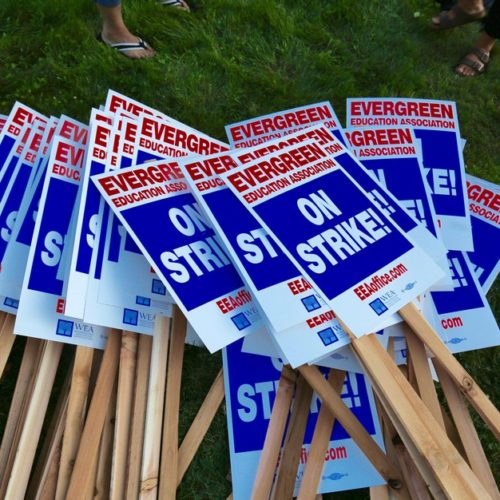
Washington Teachers Union Alleges ‘Wage Theft’ By Districts As Strikes Go On
As teachers in a record number of Washington school districts strike this week, a top official with their union says the unwillingness of superintendents and school boards to negotiate higher pay raises for teachers is a crime.
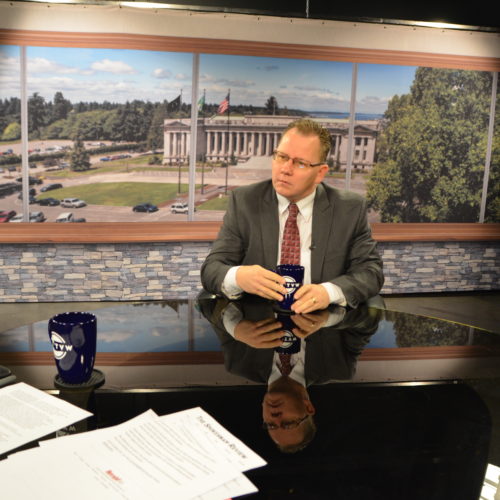
After Funding Fight, Washington Superintendent Sees Opportunity To Transform Schools
What should a 21st century public school system look like? Washington’s superintendent of public instruction says it’s time to have that conversation now that the state’s decade-long school funding legal fight is over.

Washington Supreme Court Ends Decade-Long School Funding Case
The Washington Supreme Court has ended the decade-old school funding case known as McCleary. The high court issued an order Thursday that said the state has complied with the mandate to fully fund its new system of basic education by September of this year.

